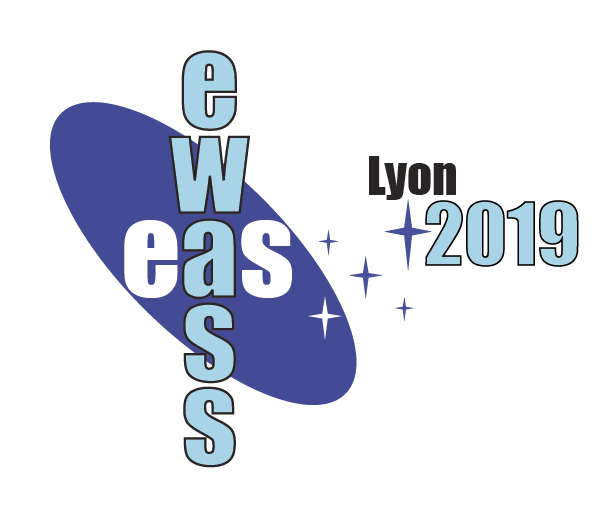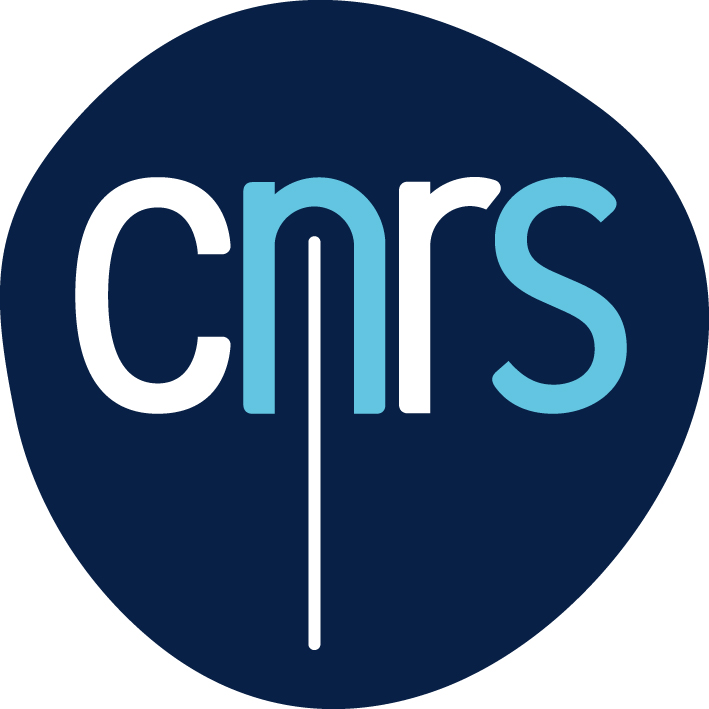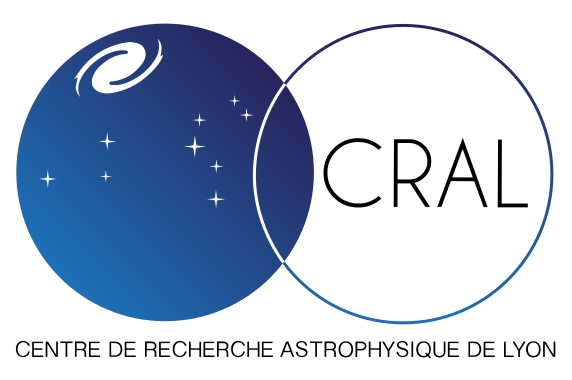Special Session SS12
28 June 2019
Stellar populations in the era of ELTs: advances over the next decade and beyond
News:
February 2019 - Special session on stellar populations in the era of ELTs web page
Aims and scope
The study of stellar populations in galaxies, both in the local volume and back to the early Universe, is fundamental to the understanding of their mass assembly histories and evolution. This provides key constraints on, for instance, star formation rates, total stellar masses, chemical enrichment and the Initial Mass Function (IMF).
Since spectral synthesis techniques are strong drivers of progress in most of these areas, a thorough quantitative assessment of their validity and limitations is crucial to the accurate determination of the physical and evolutionary properties of galaxies.
Building on the outstanding legacy of Gaia, the next decade will see significant advances in this field with exciting new insights for galaxies in the Local Group and beyond thanks to the combined power of imaging and spectroscopic survey facilities, like the LSST, WFIRST, EUCLID, 4MOST, WEAVE and MOONS, coupled to those from high-angular resolution data from, e.g., JWST, ALMA, and next-generation telescopes, such as GMT, TMT and ELT.
In this special session, we invite both observers and theoreticians to discuss opportunities opening up with ELTs for advancing our knowledge on the stellar mass assembly history of galaxies in the 2030 landscape.
We will discuss state-of-the-art spectral synthesis techniques and recent results from ongoing surveys, progress in theoretical modelling of star formation, feedback processes and environmental effects, synergies between existing and future observing facilities and their expected deliverables.
The session will bring together the international community, encourage collaborative development of ELT science cases and preparatory studies, this way supporting rapid exploitation of ELT data once available.
Programme
The topics of this EWASS special session include:
* Resolved stellar populations of galaxies: observational and theoretical perspectives;
* Star-formation and fundamental relations through spectral synthesis;
* Uncertainties linked to the Initial Mass Function, stellar libraries and binarity;
* Simulations of the impact of ELTs on stellar populations studies with spectral synthesis techniques;
* Modelling of stellar populations in galaxies in the presence of an Active Galactic Nucleus.
Invited speakers
Invited keynote speakers will provide an overview of the following topics:
- Giuseppina Battaglia: Stellar populations in the scientific landscape of the ELTs
- Claus Leitherer: Stellar populations: theoretical and modelling perspectives
- Leo Girardi: Modelling uncertainties coming from stellar evolutionary models
- Corinne Charbonnel: Multiple stellar populations in globular clusters
- Rodrigo Ibata: Streams discovered by GAIA mission
Scientific organisers
Aprajita Verma (co-chair; University of Oxford, UK),
Jean Michel Gomes (co-chair; Instituto de Astrofísica e Ciências do Espaço, Portugal),
Ariane Lançon (Observatoire astronomique de Strasbourg, France),
B. Eswar Reddy (Indian Institute of Astrophysics, India),
Chris Evans (UK Astronomy Technology Centre, UK),
Cirino Pappalardo (Instituto de Astrofísica e Ciências do Espaço, Portugal),
Elisabete da Cunha (The Australian National University, Australia),
José Afonso (Instituto de Astrofísica e Ciências do Espaço, Portugal),
Lex Kaper (University of Amsterdam, The Netherlands),
Livia Origlia (INAF, Italy),
Matthieu Puech (GEPI, Observatoire de Paris, France),
Michele Cirasuolo (ESO, Germany),
Natalia Vale Asari (Universidade Federal de Santa Catarina, Brazil),
Piercarlo Bonifacio (Observatoire Paris; Site de Meudon, France),
Polychronis Papaderos (Instituto de Astrofísica e Ciências do Espaço, Portugal)
Roberto Cid Fernandes (Universidade Federal de Santa Catarina, Brazil)
Contact
Aprajita Verma: aprajita.verma @ physics.ox.ac.uk and Jean Michel Gomes: jean @ iastro.pt
Updated on Wed Feb 20 13:07:15 CET 2019
|

 A power cut will shut down all EAS services on Tuesday, 10 January 2017 starting at 7:30 CET.
A power cut will shut down all EAS services on Tuesday, 10 January 2017 starting at 7:30 CET.





